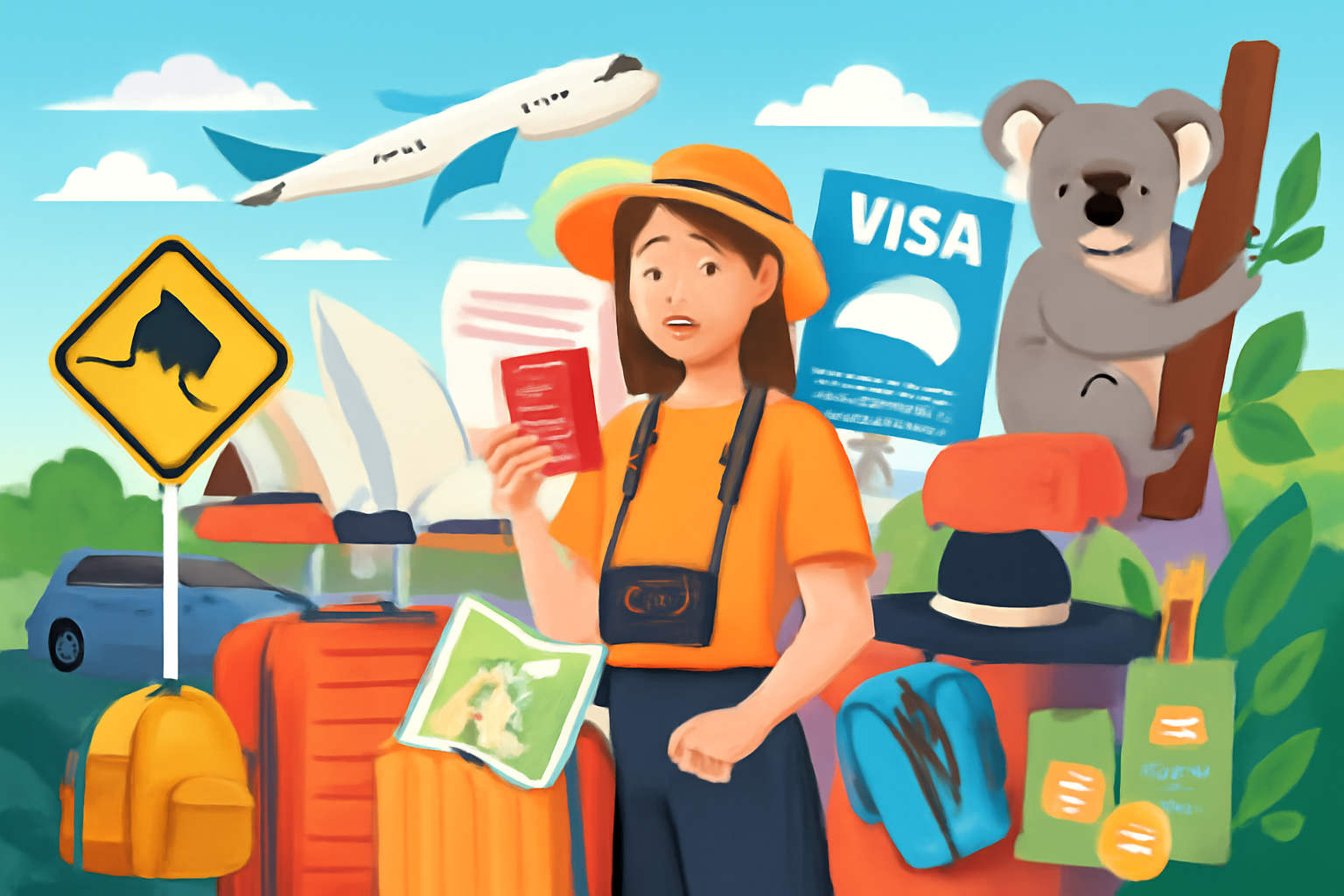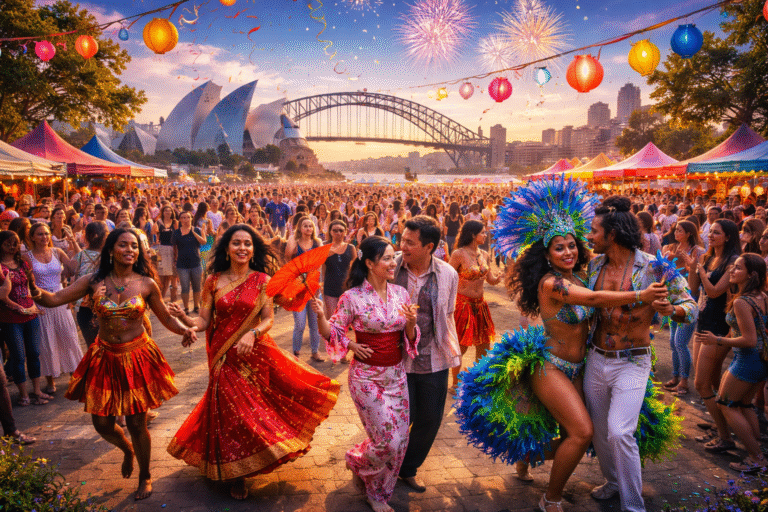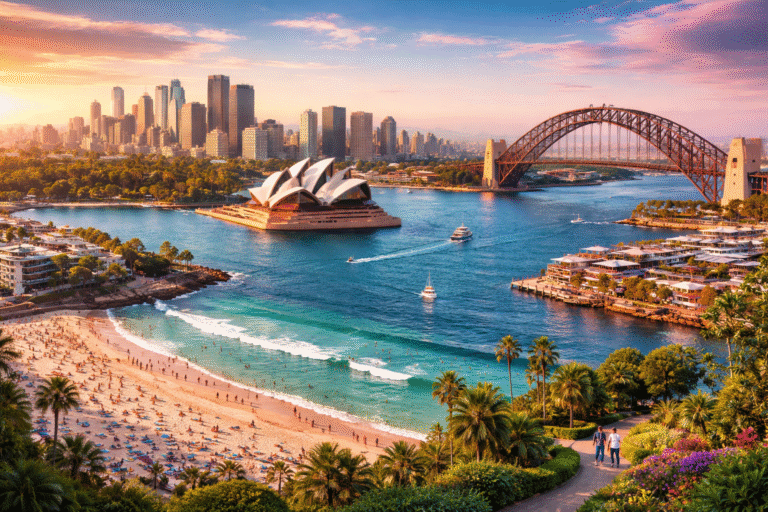Traveling to Australia offers a unique adventure full of diverse landscapes, wildlife, and vibrant cities. Whether you’re exploring the Great Barrier Reef, hiking through the Outback, or experiencing urban life in Sydney, proper planning is essential. Here are some key tips for a smooth and enjoyable trip to Australia.
Visa and Documentation
Before you embark on your Australian journey, obtaining the correct visa is a must. Depending on the purpose of your visit, you will need either a tourist visa or an electronic travel authority (ETA). Most travelers will apply for these visas online. Ensure your passport is valid for at least six months beyond your intended stay.
Best Time to Visit
Australia’s climate varies dramatically due to its vast size. The best time to visit largely depends on the region. For southern cities like Melbourne and Sydney, the summer months (December to February) are ideal, while northern regions, including Queensland, offer year-round warmth. Avoid visiting during peak summer holidays if you wish to dodge large crowds.
Packing for the Trip
Packing wisely is key to a comfortable trip. Australia’s weather can be unpredictable, so bring layers for varying temperatures. If you plan on visiting the beaches or the Outback, pack sunscreen, sturdy footwear, and hats for sun protection. Don’t forget adapters for your electronic devices as Australia uses Type I plugs.
Transportation and Getting Around
Australia is vast, so understanding how to get around is crucial. For longer distances, domestic flights are common, though buses and trains can be practical in urban areas. If you’re traveling between cities or to the countryside, renting a car can offer flexibility, but remember to drive on the left side of the road.
Health and Safety
Australia is generally a safe destination, but you should take the usual precautions, such as safeguarding your belongings and staying aware of your surroundings. It’s advisable to have travel insurance in case of medical emergencies. Australia’s healthcare system is excellent, but visitors should note that overseas visitors usually pay out-of-pocket for medical services unless covered by insurance.
Currency and Budgeting
Australia uses the Australian Dollar (AUD). While credit cards are widely accepted, it’s wise to carry some local currency for small purchases. Budgeting is important since Australia can be expensive, especially in major cities. Keep an eye out for free activities, such as visiting national parks, which can offer incredible experiences without breaking the bank.










